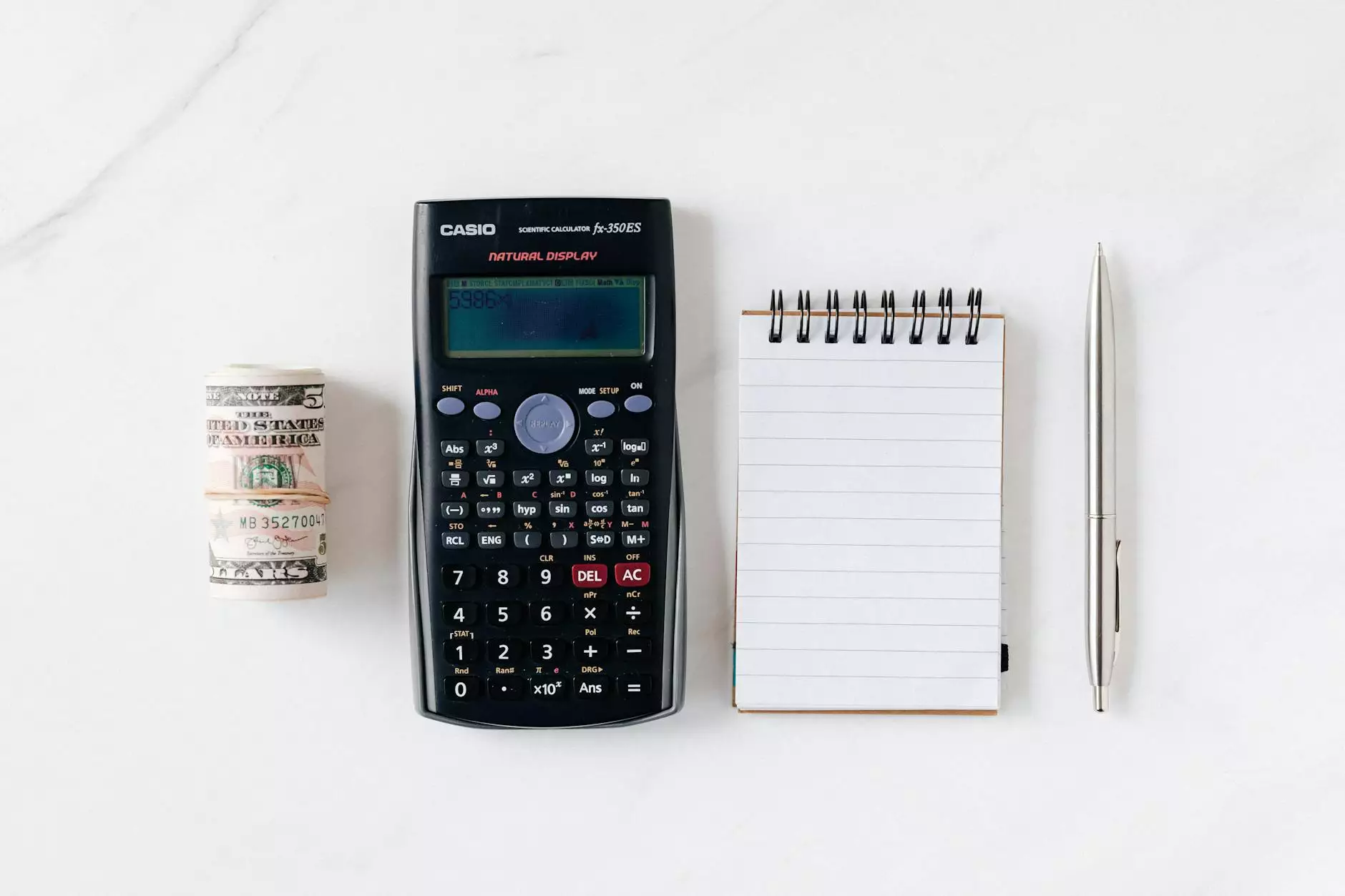Vocabulary Building In English – DISTRACT
English Vocabulary Lessons
Introduction
Welcome to NJCLT's vocabulary building lesson focused on the word "distract." In this lesson, we will explore the meaning, usage, synonyms, antonyms, and examples of this word. By the end of this lesson, you will have a deeper understanding of how to effectively incorporate "distract" into your English language skills.
Definition and Meaning
The word "distract" is commonly used as a verb in English. It refers to the act of diverting someone's attention or causing them to lose focus. A distraction can come in various forms, such as noise, interruptions, or other external stimuli that take away one's concentration. Understanding this word is crucial for effective communication and comprehension.
Examples
To illustrate the usage of "distract," here are some examples:
- During the lecture, the noisy construction outside the classroom distracted the students.
- Her phone constantly buzzing with notifications distracts her from studying.
- The beautiful scenery distracted the driver, leading to a near-accident.
Synonyms
Expanding your vocabulary involves learning synonyms and antonyms of words. Some synonyms of "distract" include:
- Divert
- Divert attention
- Interrupt
- Draw away
- Disturb
Antonyms
On the other hand, antonyms can provide you with a broader range of vocabulary options. Here are some antonyms of "distract":
- Focus
- Concentrate
- Engage
- Attentive
- Immerse
Usage in Common Idioms and Phrases
"Distract" is also commonly used in various idiomatic expressions and phrases. Some notable examples include:
- Distract someone from something: The fascinating book distracted her from doing her homework.
- Distract attention away: The eye-catching advertisement distracted attention away from the main event.
- Easily distracted: He is easily distracted by new and exciting things.
Tips to Improve Vocabulary Building
Improving your vocabulary is an ongoing process, and here are some effective tips to help you:
- Read extensively: Engaging in a wide range of reading materials exposes you to diverse vocabulary.
- Learn contextually: Understand the usage of words in different contexts to grasp their nuances.
- Use flashcards: Create flashcards with new words and their definitions, and regularly review them.
- Practice writing: Develop a habit of writing daily to strengthen your vocabulary and language skills.
- Engage in conversations: Actively participate in conversations with native English speakers to enhance your vocabulary.
Conclusion
In conclusion, NJCLT's vocabulary building lesson on "distract" has provided you with an in-depth understanding of this word. By incorporating the usage, synonyms, antonyms, examples, and idiomatic expressions, you can effectively enhance your English language skills. Remember to put your knowledge into practice through extensive reading, writing, and engaging in conversations to continuously improve your vocabulary. Stay focused and motivated on your journey to mastering the English language.










